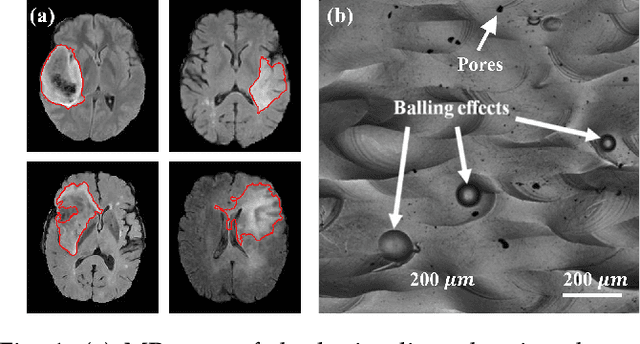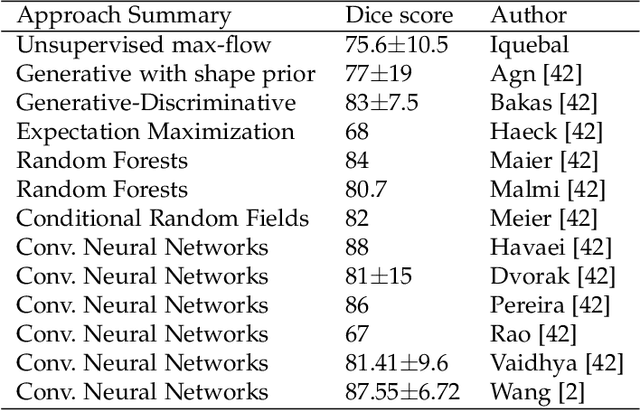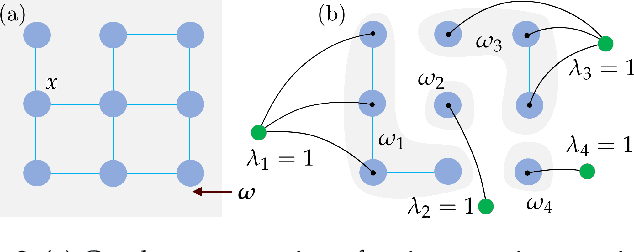Unsupervised image segmentation via maximum a posteriori estimation of continuous max-flow
Paper and Code
Nov 01, 2018



Recent thrust in imaging capabilities in medical as well as emerging areas of manufacturing systems creates unique opportunities and challenges for on-the-fly, unsupervised estimation of anomalies and other regions of interest. With the ever-growing image database, it is remarkably costly to create annotations and atlases associated with different combinations of imaging capabilities and regions of interest. To address this issue, we present an unsupervised learning approach to a continuous max-flow problem. We show that the maximum a posteriori estimation of the image labels can be formulated as a capacitated max-flow problem over a continuous domain with unknown flow capacities. The flow capacities are then iteratively obtained by considering a Markov random field prior over the neighborhood structure in the image. We also present results to establish the consistency of the proposed approach. We establish the performance of our approach on two real-world datasets including, brain tumor segmentation and defect identification in additively manufactured surfaces as gathered from electron microscopic images. We also present an exhaustive comparison with other state-of-the-art supervised as well as unsupervised algorithms. Results suggest that the method is able to perform almost comparable to other supervised approaches, but more 90% improvement in terms of Dice score as compared to other unsupervised methods.
 Add to Chrome
Add to Chrome Add to Firefox
Add to Firefox Add to Edge
Add to Edge